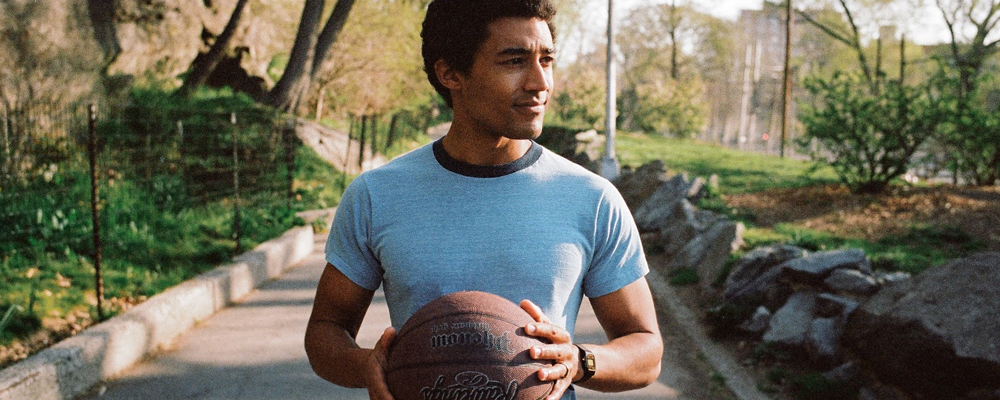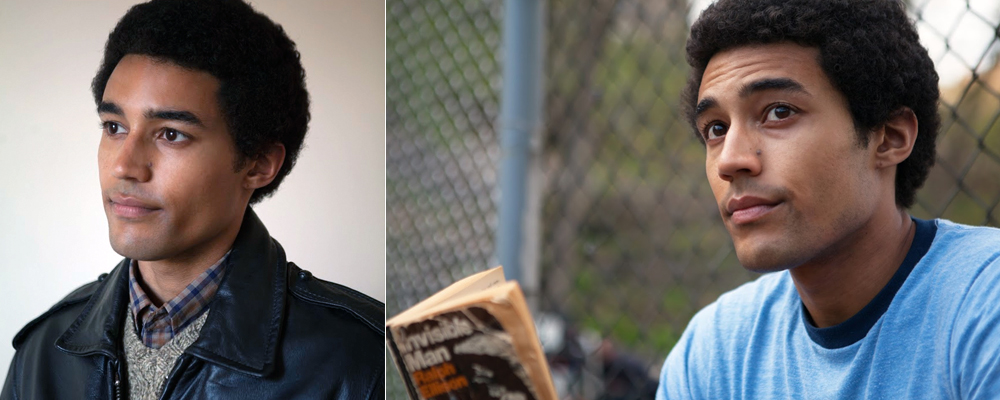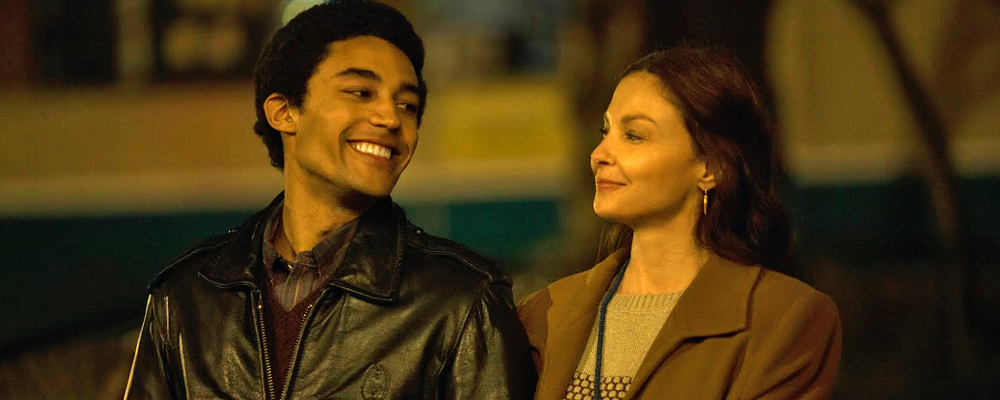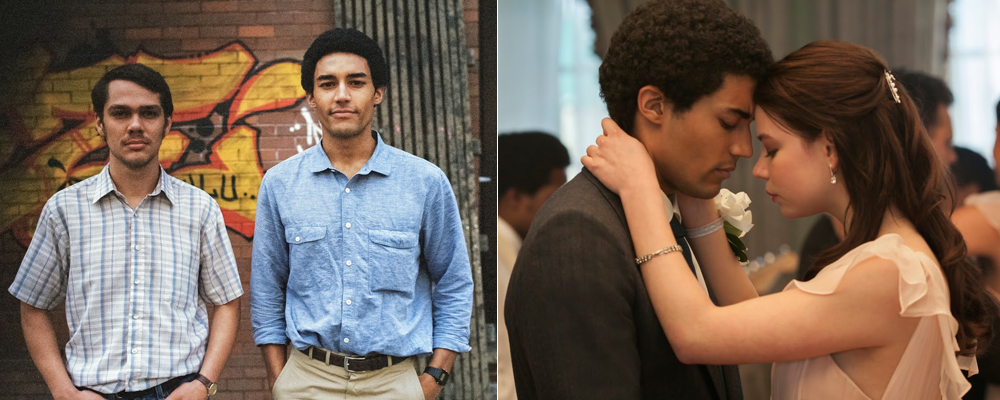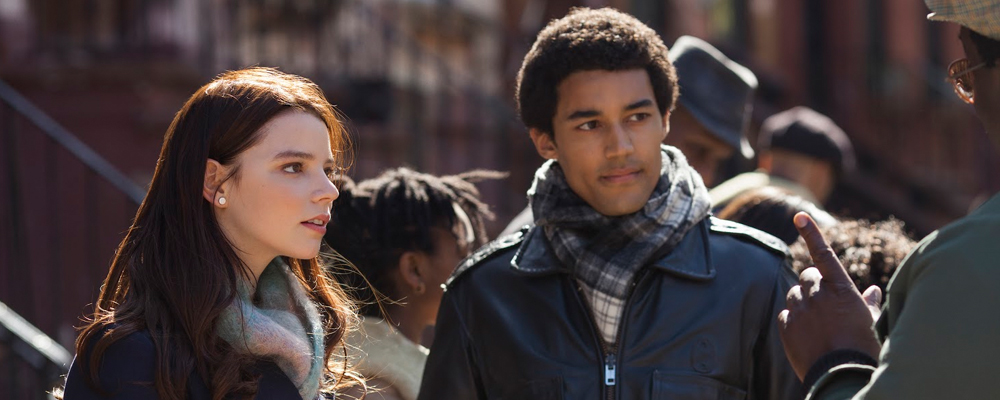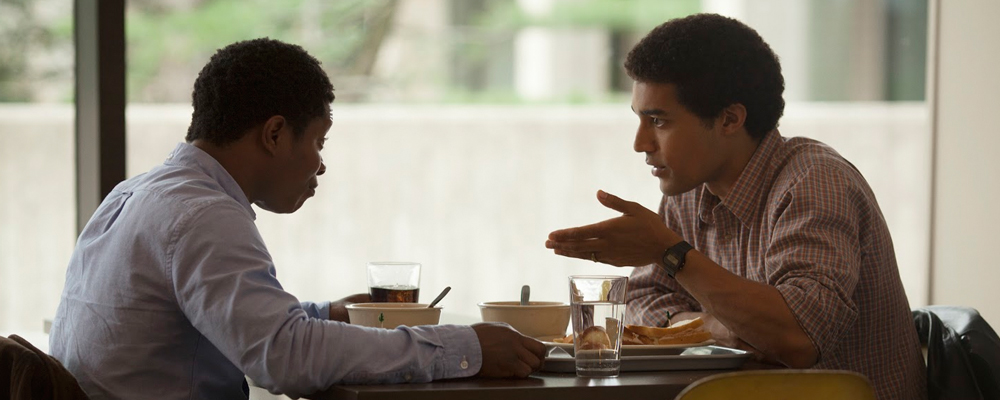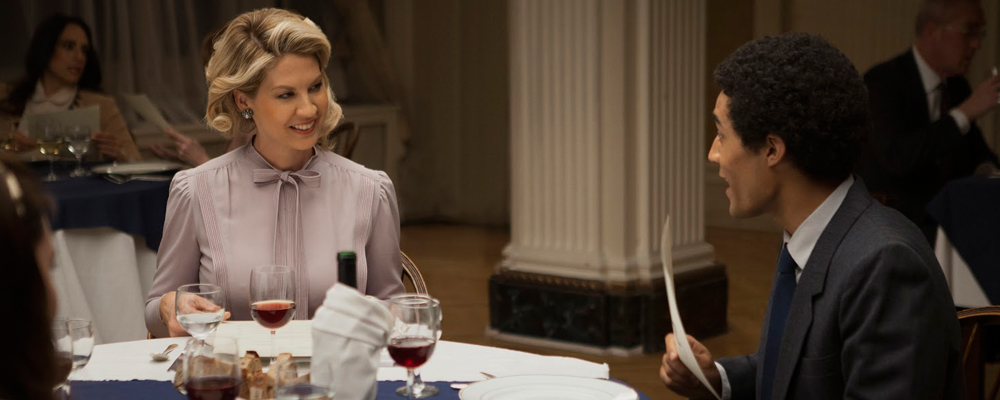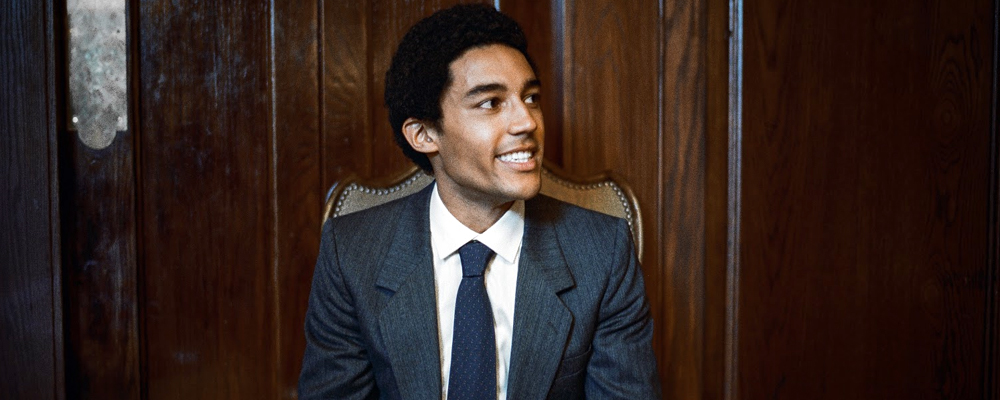‘Barry’ Explores a Young Obama’s Struggle With Identity During His College Years
Sandra Miska
The period drama “Barry” paints a compelling portrait of the life of a biracial young man attending a Columbia University in 1981 New York. On its own this makes for an interesting film; the fact that this particular young man later becomes the 44th president of the United States makes it especially intriguing. Newcomer Devon Terrell gives an impressive debut performance as 20-year-old Barack Obama, then known by his friends, family and professors simply as Barry. The focus is on the future commander-in-chief’s first year as a transfer student at Columbia University as he explores his place in society and his goals begin to take shape. The focus on “Barry” is not on politics, but on identity.
Born to a White American mother (played by Ashley Judd here) and a black Kenyan father, Barry grew up in Hawaii and Indonesia. Obama did not fit in with other African-Americans as a youth, a theme that is explored in “Barry.” Because he grew up outside of the continental United States, Barry has difficulties relating with most other African-Americans and their experiences, and it didn’t help that he grew up with little contact from his father or other African relatives. Not surprisingly, he doesn’t blend in easily with his white peers either, as is never more clear than when he receives backlash for daring to broach the subject of slavery during a discussion about the government and morality in poli-sci class, and this increases the isolation he feels in new surroundings. “You’re half-white. You should be able to fit in anywhere,” Barry’s sweet but clueless waspy roommate, Will (Ellar Coltrane) says to him early on. “I fit in nowhere,” is his reply.
Barry, although not exactly a ladies man, did turn a lot of ladies’ heads back in the day, and the film explores his this part of his life through a fictional character named Charlotte (Anya Taylor-Joy), a young woman from Connecticut who is an amalgam of three white girlfriends Obama had at the time in question. Her wealthy liberal parents (Jenna Elfman and Linus Roache) are more than accepting of the relationship, as our all of their friends. Director Vikram Gandhi and screenwriter Adam Mansbach made the bold choice to have Barry’s struggle largely internal, as he believes his white girlfriend won’t ever understand him – he brushes aside her protests that she can relate as a female who has to deal with catcalls. He also fears that Charlotte’s attraction to him is largely his otherness, as he believes that his mother was drawn to his father more for his exotic nature than for himself.
Two other important relationships Barry forms during this time are with his friend and landlord Saleem (Avi Nash, who provides comic relief) and P.J. (Jason Mitchell), one of his few African-American classmates. Saleem, who is from India, is too busy getting high and chasing women to care about his future, while P.J., who grew up in the projects in Harlem, dreams of a lucrative Wall Street career. As Barry devotes more of his time to quiet study, the viewer begins to see glimpses of the leader within. Though he is only present through voice over, Barack Obama Sr. plays a pivotal role in the story as his son prepares for a trip to Kenya to connect with his roots.
“Barry” premieres Dec. 16 on Netflix.

